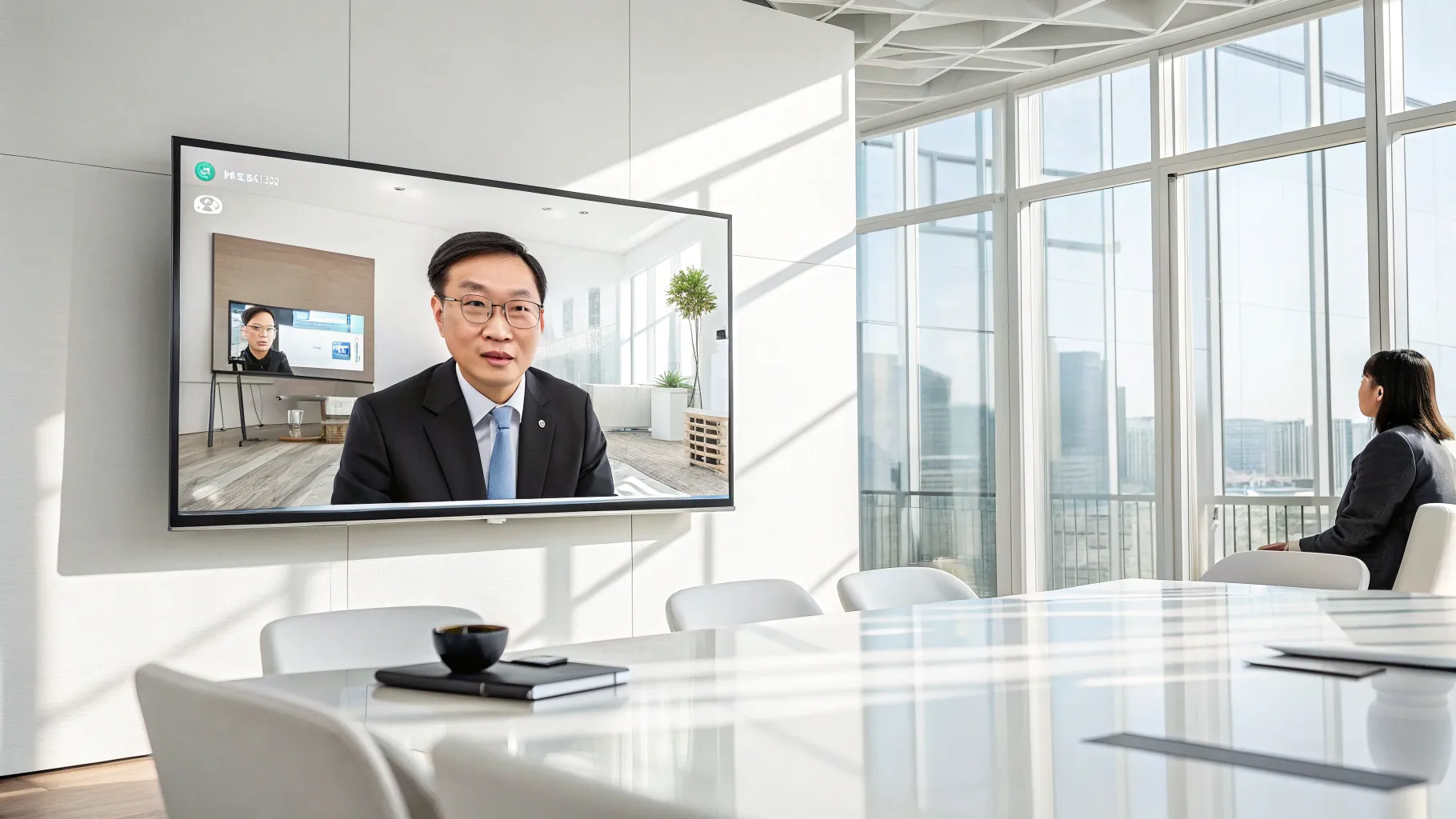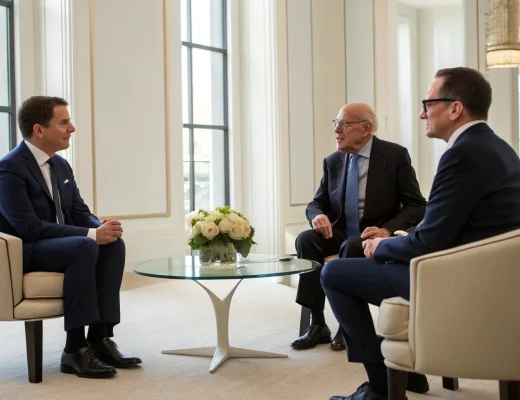Zoom CEO Eric Yuan has shared practical tips for running smoother video meetings, signaling renewed attention on meeting quality as remote and hybrid work settle into routine. The advice, offered this week, focuses on simple host habits and built-in tools that cut noise, sharpen agendas, and save time for teams across time zones.
The push comes as organizations try to curb meeting overload and regain focus without losing the flexibility of video calls. Yuan’s guidance stresses preparation, clear roles, and small changes that add up to better outcomes.
Why Meeting Basics Still Matter
Many teams rely on video calls for decisions, status checks, and client work. That reliance grew during the pandemic and continues in hybrid schedules. But the ease of scheduling has also led to fatigue and unfocused sessions.
Yuan’s message is simple: good hosting habits are a force multiplier. A clear agenda, a defined owner for each topic, and tight time limits help meetings stay on track. The approach also limits multitasking and helps quieter voices contribute.
Practical Tips for Hosts
Yuan’s guidance centers on preparation and control. He urges hosts to plan what must be decided and what can shift to chat or email. He also stresses using built-in controls to reduce friction and keep the discussion flowing.
- Start with a short agenda and state the goal up front.
- Time-box each topic and assign a decision owner.
- Use waiting rooms and mute-all at the start to avoid disruption.
- Share only the needed window, not the entire screen.
- Record when decisions or demos need review, and take notes in real time.
- Close with next steps, owners, and dates before leaving the call.
Hosts can also reduce fatigue by setting shorter default meetings and scheduling brief breaks between sessions. Even five minutes off-camera gives teams time to switch context.
Tools That Reinforce Good Habits
Yuan points to features that help structure a call. Waiting rooms protect privacy when meetings run back-to-back. Screen share controls prevent unwanted pop-ups and keep the focus on the content at hand.
Breakout rooms can turn large calls into working sessions, especially for training, brainstorming, or customer reviews. Chat channels capture questions without interrupting speakers. Polls offer quick reads on a decision, speeding the path to closure.
Transcripts and recordings can support teams across time zones. They also help reduce follow-up meetings, as absent colleagues can review highlights and updates on their own time.
Balancing Access With Attention
Meeting invites often balloon to include many observers. Yuan’s advice encourages hosts to invite fewer people live and share a summary later. Smaller live groups can move faster and maintain energy.
At the same time, accessibility matters. Live captions and reactions keep more people engaged. Clear roles—host, presenter, note taker—help participants know when to speak and when to listen.
What This Means for Hybrid Work
Hybrid teams must manage time zones, office days, and deep work. Yuan’s hacks aim to protect focus by making meetings shorter, sharper, and easier to run. The changes are modest but steady.
For leaders, the message is to treat meeting design as a team habit. Calendars reflect culture. Fewer, better meetings send a signal that results and time matter. For employees, the guidance offers a path to reduce overload without losing connection.
What To Watch Next
As video platforms add more controls and summaries, hosts will have more ways to manage flow and follow-up. Yuan’s focus on simple routines suggests that tools work best when paired with clear norms.
The bottom line is that meeting time is expensive. Strong hosting, smart use of controls, and crisp wrap-ups can shrink that cost and raise the value of each call.
Expect more emphasis on agenda templates, automated summaries, and features that support smaller, decision-focused sessions. Teams that adopt these habits now will likely see quicker decisions, fewer follow-ups, and less fatigue across the week.






